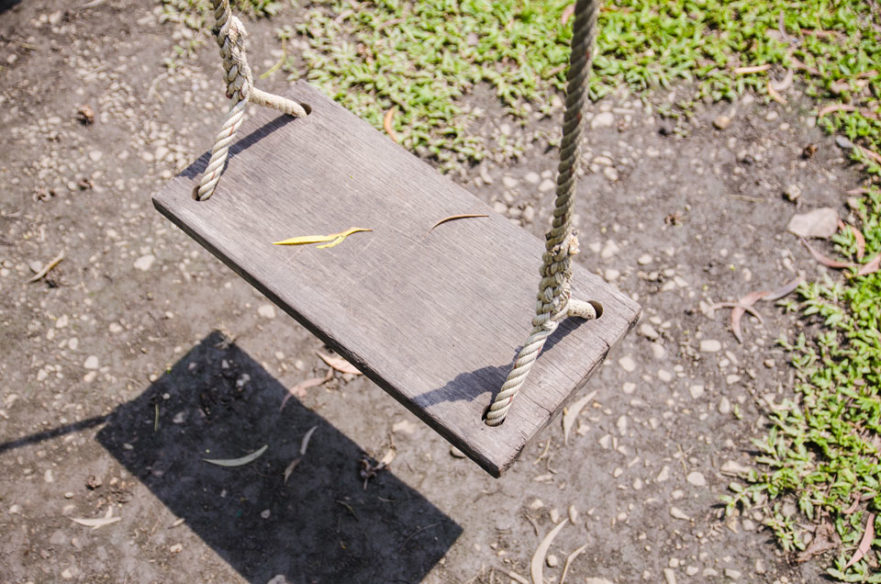What will the Court consider in making the determination?
In Tennessee, the Court has many statutory factors it must consider when initially determining custody as a result of divorce or a child being born to unmarried parents, or a change of custody from one parent to another. The Court must weigh each of these factors together and make a determination as to which is the best parent fit to be the primary residential caretaker for the child:
- The love, affection and emotional ties existing between the parents or caregivers and the child;
- The disposition of the parents or caregivers to provide the child with food, clothing, medical care, education and other necessary care and the degree to which a parent or caregiver has been the primary caregiver;
- The importance of continuity in the child’s life and the length of time the child has lived in a stable, satisfactory environment;
- The stability of the family unit of the parents or caregivers;
- The mental and physical health of the parents or caregivers.
- The home, school and community record of the child;
- The reasonable preference of the child, if twelve (12) years of age or older; The court may hear the preference of a younger child on request. The preferences of older children should normally be given greater weight than those of younger children;
- Evidence of physical or emotional abuse to the child, to the other parent or to any other person; to the juvenile court for further proceedings;
- The character and behavior of any other person who resides in or frequents the home of a parent or caregiver and the person’s interactions with the child; and
- Each parent’s or caregiver’s past and potential for future performance of parenting responsibilities, including the willingness and ability of each of the parents and caregivers to facilitate and encourage a close and continuing parent-child relationship between the child and both of the child’s parents, consistent with the best interest of the child.
T.C.A. § 36-6-106(a)
Before you consider filing for a change of custody, sit down and go through this list. If you were a neutral third party comparing each parent to the other, who has the advantage on each factor? When all factors are considered, which parent has more factors on their side of the scale? That is the analysis the Court will employ in determining which parent will be the primary residential parent.
At Fidelis Law, we work alongside individuals presented with changes in their family structure to provide sound legal counsel and courtroom representation. Our faith is the foundation of our firm, and we believe in the sanctity of marriage and the importance of the family unit; however we understand that certain disputes require legal aid. We look forward to the opportunity to serve you as you navigate these waters. If you would like more information on child custody matters, please call or email us at Fidelis Law.

